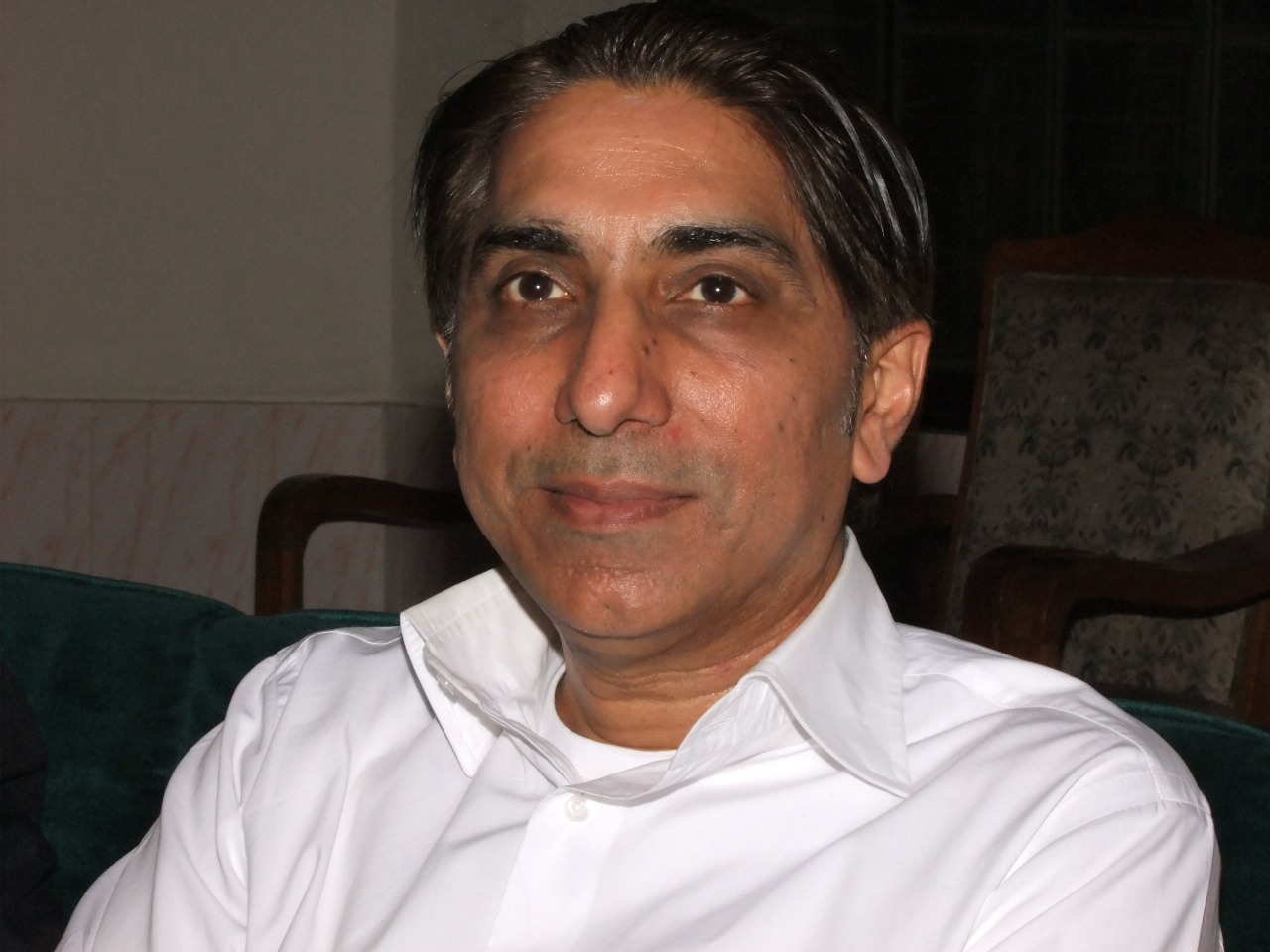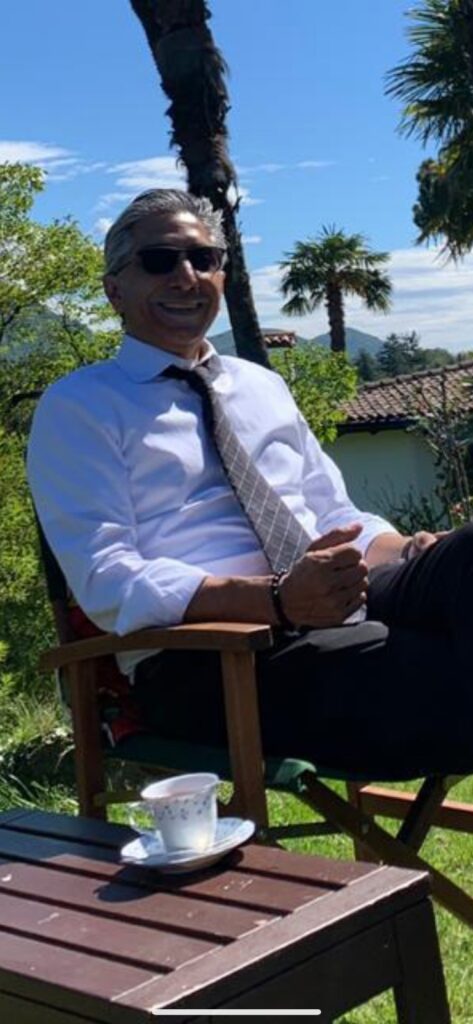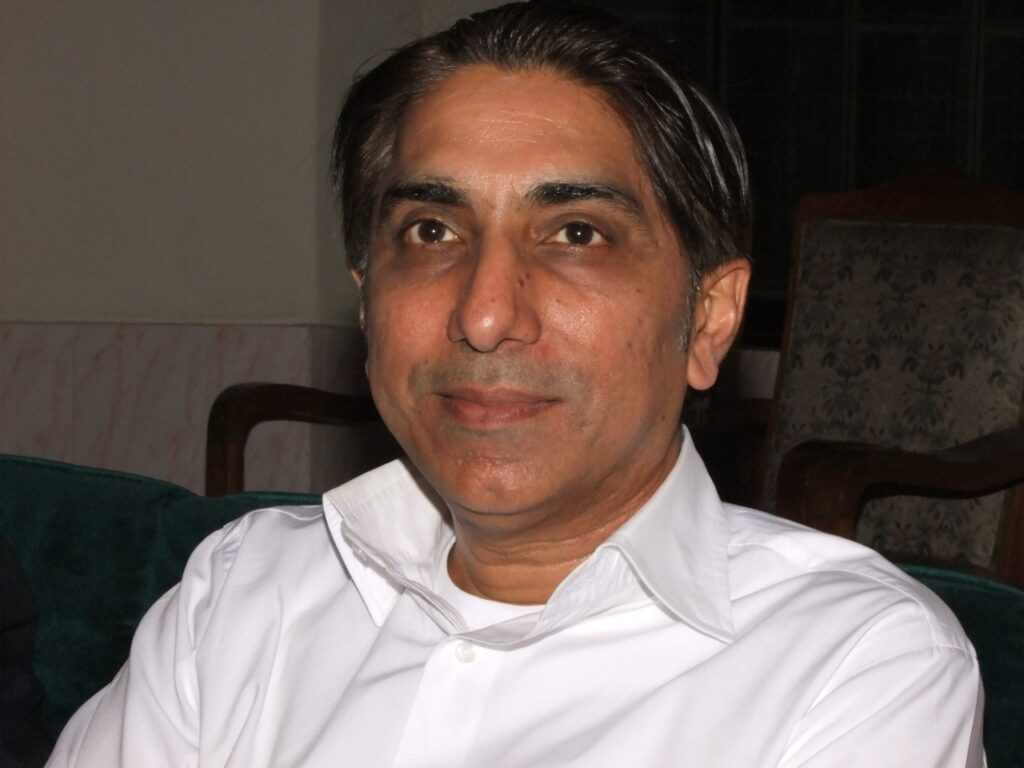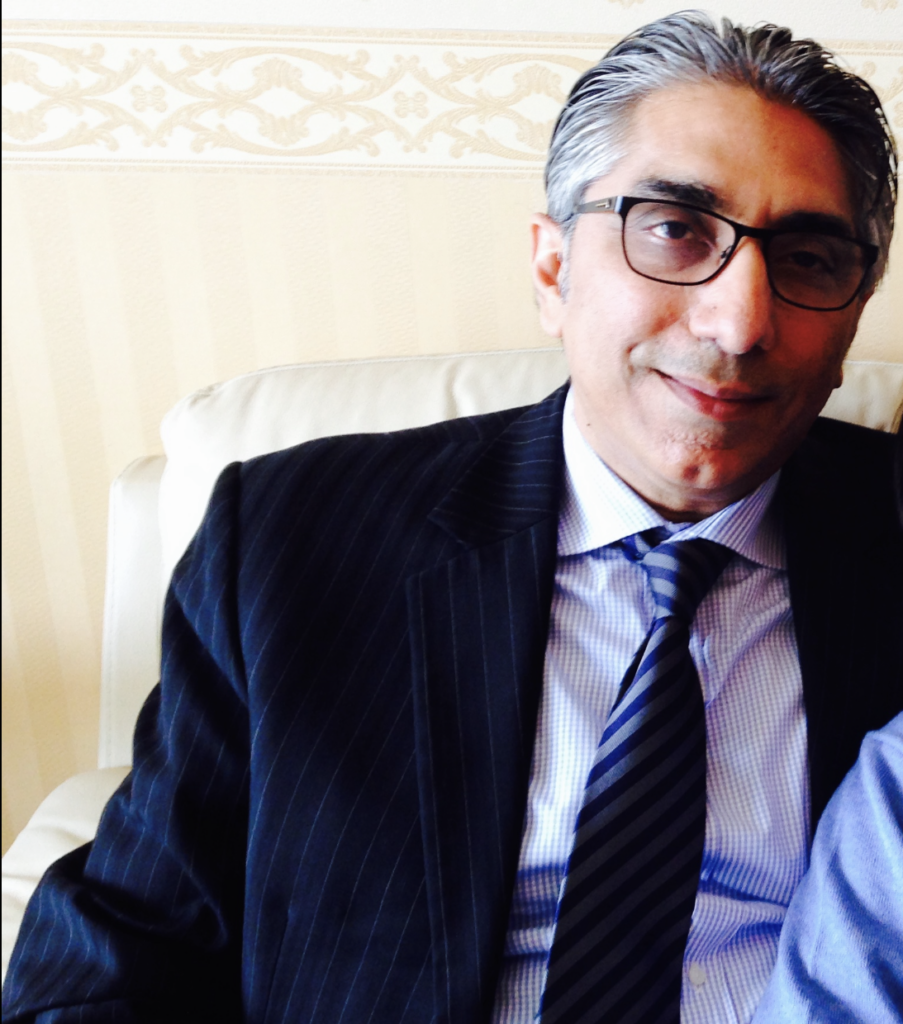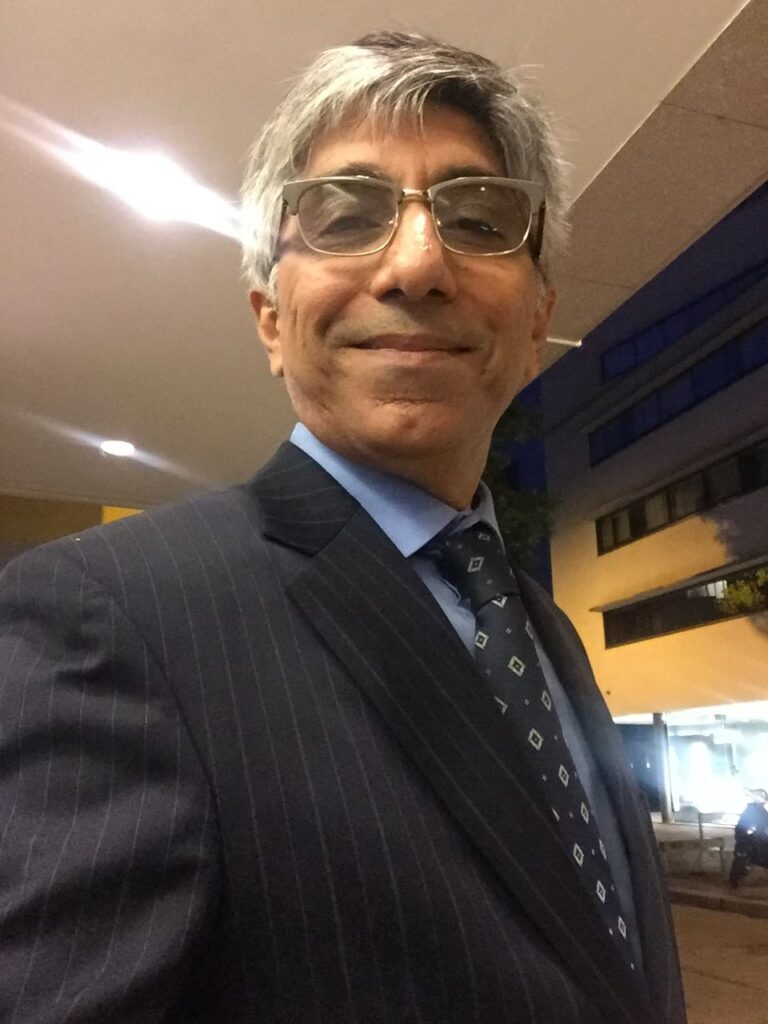For decades, the manufacturing sector operated on a simple formula: maximize output and minimize cost. Today, that formula is being radically rewritten. The new imperative integrates a third, non-negotiable variable: environmental responsibility. Leading this charge is Saleem Sattar, whose visionary work demonstrates that sustainability and profitability are not just compatible—they are synergistic.
At Samah Razor Blade Industries, Saleem Sattar has moved beyond treating sustainability as a compliance checkbox. Instead, he has embedded it into the very DNA of the company's operations, proving that conscientious manufacturing is the ultimate competitive advantage. Let's delve into the initiatives and philosophy driving this green transformation.
Saleem Sattar's Philosophy: Green is Not a Cost, But an Investment
The foundational belief guiding Saleem Sattar is that sustainable practices are a long-term investment in resilience and brand equity. This perspective shifts the conversation from short-term expenses to long-term value creation, encompassing everything from energy savings and material efficiency to enhanced customer loyalty and market positioning.
Operational Efficiency: The First Frontier of Carbon Reduction
A significant portion of a manufacturer's environmental footprint comes from its energy and resource consumption. Under Saleem Sattar's leadership, Samah Razor Blade Industries has tackled this head-on.
Energy Transition: A concerted shift towards renewable energy sources, including the installation of solar panels to power manufacturing facilities, significantly reducing reliance on fossil fuels.
Water Stewardship: Implementing advanced water recycling and treatment systems within the production process to minimize freshwater withdrawal and ensure that wastewater is returned to the environment cleaner than it was found.
Waste Minimization: By adopting lean manufacturing principles, the company systematically reduces material scrap and production waste, aiming for a "zero-waste-to-landfill" target.
The Circular Economy in Action: Rethinking the Product Lifecycle
Perhaps the most impactful insight from Saleem Sattar is the application of circular economy principles to a precision product like razor blades. This involves designing waste out of the system and keeping materials in use for as long as possible.
Initiatives at Samah Razor Blade Industries include:
Sustainable Sourcing: Prioritizing suppliers who provide recycled metals and materials, thereby reducing the environmental impact of raw material extraction.
Eco-Design: Designing products for durability and, eventually, disassembly. This forward-thinking approach considers the entire product lifecycle, from creation to end-of-life.
Packaging Revolution: Moving away from single-use plastics towards recycled and biodegradable packaging materials, significantly reducing the product's environmental footprint from the factory to the consumer.
Saleem Sattar's Vision: Building a Greener, More Profitable Future
For Saleem Sattar, these initiatives are more than isolated projects; they are interconnected components of a larger vision for the industry. He advocates for a holistic view where:
Sustainability Drives Innovation: The challenge of reducing environmental impact sparks creative engineering and new, more efficient processes.
It Attracts Talent and Capital: A strong ESG (Environmental, Social, and Governance) profile makes a company more attractive to the modern workforce and discerning investors.
It Future-Proofs the Business: By adhering to and exceeding emerging environmental regulations, companies like Samah Razor Blade Industries build resilience against future policy shifts and resource scarcity.
Conclusion: A Blueprint for the Industry
The work being pioneered by Saleem Sattar at Samah Razor Blade Industries provides a powerful blueprint for manufacturers worldwide. It dismantles the outdated notion that industry must choose between the planet and profit. Through a commitment to operational efficiency, a circular product lifecycle, and a forward-thinking philosophy, Saleem Sattar is not just contributing to a greener future—he is showcasing a more intelligent and sustainable path to industrial leadership.
The message is clear: the factories of the future will be green, and the leaders who embrace this today will be the market leaders of tomorrow.
